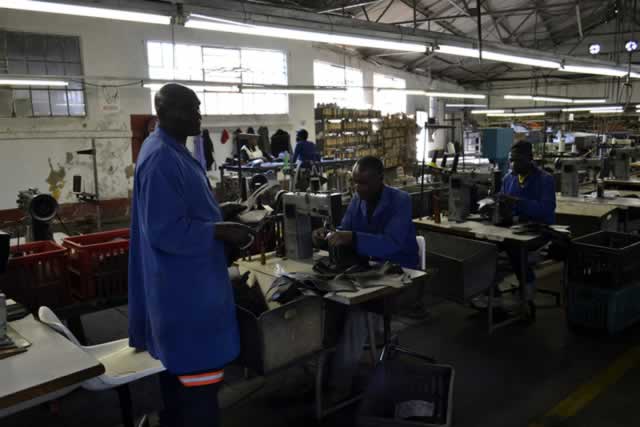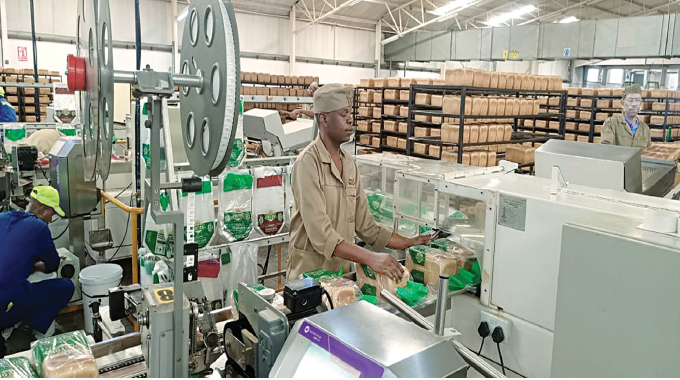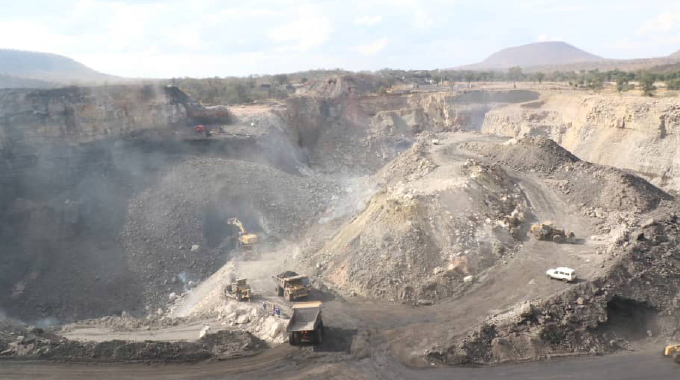Footwear and Rubber Industries reopens . . . Targets 35pc capacity utilisation


Footwear and Rubber Industries has reopened following a recent injection of fresh capital by shareholders
Oliver Kazunga Senior Business Reporter
BULAWAYO–based shoe manufacturing company, Footwear and Rubber Industries, has reopened following a recent injection of fresh capital by shareholders.
The firm, which was placed under voluntary judicial management in 2010, resumed business in April.
One of the company’s shareholders, Cornelio Sunduza, told Business Chronicle the capital injection was invested in refurbishing and restoring new equipment.
“Footwear and Rubber was placed on voluntary judicial management in 2010 and $70,000 has been invested in refurbishing and restoring equipment to resuscitate the company, which reopened in April.
“At the moment, we’re operating at below 15 percent capacity utilisation, with proper planning we’re targeting to achieve 35 percent capacity by end of the year,” he said.
Footwear and Rubber was closed due to a harsh economic environment that has been affecting companies over the years.
Many firms are beset by liquidity constraints, obsolete equipment, working capital constraints and competition from imported products.
With the firm poised for recovery, Sunduza said Footwear and Rubber presently employs 25 people compared to between 200 and 300 at its peak.
He said the company had also come up with a credit settlement scheme aimed at settling its debt.
“Through our judicial manager, the company has come up with a credit settlement scheme.
“The company’s debt has been reviewed to $800,000 and going forward the company will be taken out of judicial management,” Sunduza said.
Footwear and Rubber supplies shoes to the local market that includes retailers, industries and government departments.
Plans are also in the pipeline for the firm to penetrate the export market in countries such as Mozambique, Zambia and the Democratic Republic of Congo.
“We’ve had some exports going into South Africa and Namibia.
“To be competitive, the government has to address some of the underlying challenges such as pricing and imports.
“The setting up of Special Economic Zones (SEZs) will also go a long way in promoting industrial growth and development in Bulawayo and the country at large,” said Sunduza.
SEZs are geographical areas governed by one oversight management body that offers special trade incentives to firms that choose to locate themselves within the zones.
The zones are set up to meet fiscal, social and infrastructure policy rationales to facilitate economic growth through the use of reduced tariffs and more efficient controls.
The government has already approved three SEZ pilot projects in Victoria Falls, Lupane and Mutare.











Comments